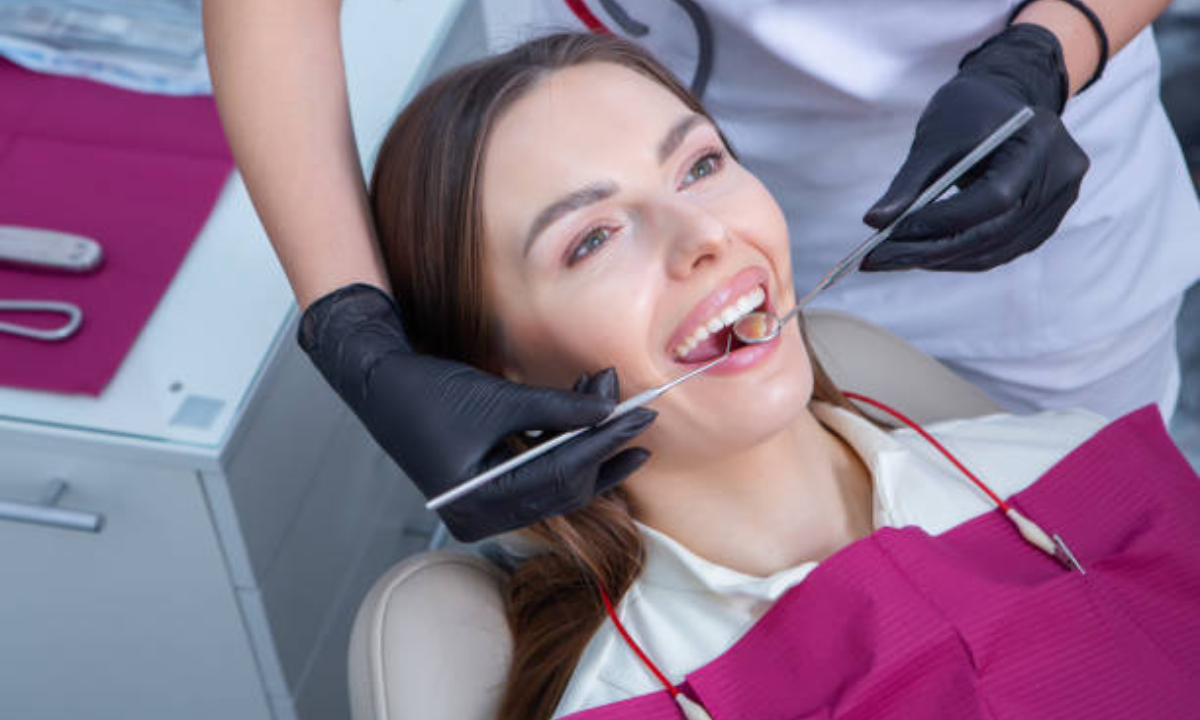Understanding Preventive Dental Care
Preventive dental care refers to practices and treatments aimed at maintaining healthy teeth and gums and avoiding dental problems before they develop. It includes both professional services and at-home routines designed to protect the mouth from decay, gum disease, enamel erosion, and other oral health issues.
What Is Preventive Dentistry?
Many people ask, What is preventive dentistry? It is a branch of dentistry focused on keeping the oral cavity in optimal condition through regular care and monitoring. It helps detect issues in their earliest stages, preventing more severe problems and costly treatments down the line. Regular dental visits, cleanings, fluoride applications, sealants, and patient education all fall under this category.
The Role of Oral Hygiene
Maintaining good oral hygiene is one of the core pillars of preventive dental care. It includes daily brushing, flossing, tongue cleaning, and using an antiseptic mouthwash to reduce bacterial load. These habits help prevent plaque build-up, which is the leading cause of tooth decay and gum disease. Without proper oral hygiene, preventive dental efforts become ineffective.
Why Preventive Dental Care Matters
Preventive dental care plays a key role in long-term oral and overall health. Poor oral health is linked to various systemic conditions, including diabetes, cardiovascular disease, and respiratory infections. By prioritizing dental checkups and cleanings, patients can keep their healthy teeth intact and reduce the likelihood of facing complex dental procedures in the future.
How Dentists Support Preventive Dentistry
A skilled dentist helps patients implement preventive dentistry protocols by offering tailored advice and professional treatments. This includes routine exams to detect issues, cleanings to remove tartar, and guidance on brushing techniques and diet. Dentists also offer fluoride treatments and apply protective sealants to minimize the risk of decay in hard-to-reach areas.
Preventive Dental Services
Preventive dental care involves a series of consistent services that help reduce the chance of oral disease:
- Dental exams and cleanings
- Digital X-rays for early detection
- Fluoride application for enamel strength
- Dental sealants to block decay
- Patient education on oral habits and nutrition
These services aim to minimize the need for restorative treatments and ensure the mouth stays in peak condition.
Benefits of Preventive Dental Care
Investing in preventive dental care leads to several advantages:
- Maintains healthy teeth and gums
- Reduces the risk of tooth loss and decay
- Saves money on future dental procedures
- Promotes better oral hygiene habits
- Detects diseases like oral cancer early
The goal is to maintain a proactive approach that avoids emergency dental issues.
Preventive Dentistry for All Ages
Preventive dental care is essential for children, adults, and seniors. Instilling the right oral care habits early helps build a foundation for a lifetime of dental wellness. For older adults, it becomes even more crucial to manage wear, gum recession, and dry mouth to avoid complications.
Frequency of Dental Visits
Regular visits to a dentist in Whitefield or nearby areas are recommended at least twice a year. These checkups help in early detection and professional cleaning, keeping the gums and teeth healthy. Based on individual risk factors, a dentist may advise more frequent visits.
Choosing the Right Dental Clinic
When it comes to maintaining oral hygiene through preventive care, choosing a reliable dental clinic in Whitefield is vital. A well-equipped clinic with experienced professionals ensures patients receive quality treatment, personalized care, and early intervention when required.
Key Components of Preventive Dentistry
- Diet: Limiting sugar and acidic foods helps prevent enamel erosion and cavities.
- Hydration: Drinking water flushes out bacteria and keeps the mouth clean.
- Lifestyle Habits: Avoiding smoking and alcohol benefits oral tissues.
- At-Home Care: Consistency with brushing and flossing sustains results between visits.
Together, these components form a holistic approach to preventive dental care.
Preventive Dental Technologies
Modern dentistry leverages technology to support preventive dental care. Digital imaging, intraoral cameras, and diagnostic software help in identifying issues early, guiding effective treatments. Clinics offering such tools are better equipped to protect and preserve healthy teeth.
Financial Value of Preventive Care
Regular preventive visits are cost-effective in the long run. By avoiding invasive procedures such as root canals or extractions, patients save money and reduce oral discomfort. Preventive treatments are often covered by insurance, making them an affordable and smart choice.
Education in Preventive Dentistry
Patient education plays a central role in preventive dentistry. Dentists and hygienists guide patients on maintaining hygiene at home, choosing the right dental products, and making dietary adjustments. Knowledge is a powerful tool in protecting the smile.
Conclusion
Choosing consistent preventive dental care is one of the most important steps toward long-term oral wellness. It answers the question, What is preventive dentistry, by emphasizing early action, daily care, and professional monitoring. Whether it’s brushing techniques or scheduled visits, everything contributes to maintaining oral hygiene and ensuring healthy teeth.
If you’re looking for a trusted dentist in Whitefield, Growing Smiles Dental Clinic offers quality-driven care and a focus on preventive approaches. They are committed to keeping your smile bright, healthy, and lasting.


